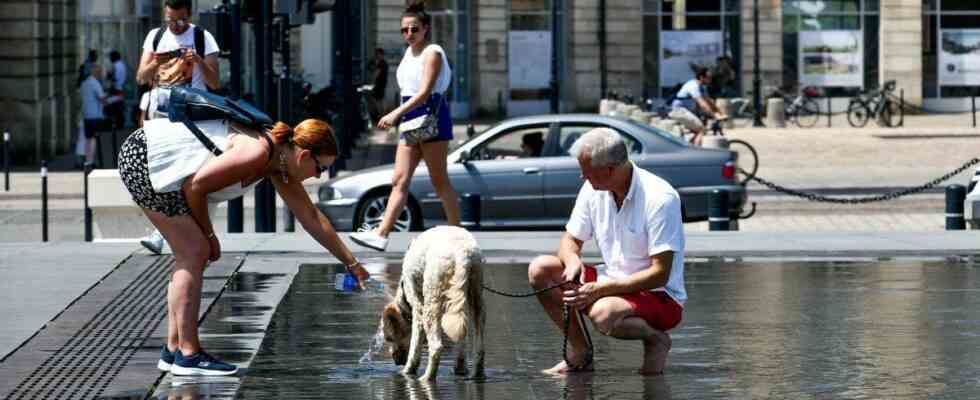More than 1,700 participants is the first success of the survey on the animal condition in the city launched by the municipality of Bordeaux. Conducted between December 12 and February 28, the study, of which 20 minutes was able to consult the results upstream, will be published this Friday, September 23. “We had no data on the situation of animals in Bordeaux and on the position of Bordeaux residents vis-à-vis them. It was a big unknown, explains Francis Feytout, municipal councilor delegate for the respect of the living and the animal condition. We were elected with a program pro ecological and pro animals, but it does not prevent that by taking into account the abstention, it was necessary to ask what were the expectations, by using direct democracy ”. The opportunity for the adviser, whose delegation did not exist under the previous majority, to take the temperature and adapt his priorities.
More caniparks
The study has the particularity of giving a voice to non-owners of dogs, 55.5% of whom appreciate living with dogs in the city, 58.8% in parks and gardens and 41.9% in public transport. common. Francis Feytout interprets this last data by pointing out the lack of space in these very busy spaces. Above all, he retains a state of mind that is “very favorable” to sharing space.
However, 34.2% of respondents who do not own dogs say they are worried about a dog off leash “It’s natural, he comments. Opposite, there are young children, phobic people, etc. More than 40% of dog owners have never had recourse to dog training and it is an avenue explored by the city to offer it, in an accessible way. Dog educators will also demonstrate on the town hall square, this Friday, during the event “the place for animals”.
While 53.5% of dog owners surveyed would like there to be more spaces authorized for dogs, whether on a leash or not, 63.8% of non-owners are also in favor of expanding suitable areas. “It is a need that I had identified and which was justified by this investigation”, welcomes the municipal councilor.
Friction has already taken place in Caudéran and in the Rivière des Chartrons park, which hosts the largest “dog alley” in Bordeaux. If incivilities exist it is in particular because the offer is insufficient, estimates the town hall. “We are thinking about a dedicated caniparc near the Barrailh reserve where dogs would have access to modular spaces in complete safety, explains Francis Feytout. We are considering a local offer, an intermediate one and one on the edge of the city. »
pigeons and rats, ” city cleaners »
“72.2% of respondents have a neutral or favorable opinion in favor of pigeons”, the survey tells us. In Bordeaux, the population of these birds is estimated at 5,000 individuals, which places it in the national average. About sixty sites with particular nuisances (soiling due to excrement) are known by the city.
Francis Feytout put an end to the slaughter of pigeons which were carried out after captures in October 2021. And, since the spring, a reflection has been underway to feed the future “pigeon plan”. In this sense, a meeting with the social landlords is planned soon. “On vacant accommodation, simple nets prevent pigeons from settling in”, points out Francis Feytout.
When you want to regulate populations, compulsive street feeding is a scourge. “Part of the population imagines that wild animals are babies, humans, who must be helped, deplores the elected official. But the more we help them, the more they will reproduce. And in addition, do not give bread to birds, it gives them a false feeling of satiety, it is not a suitable food. »
The survey shows that almost 30.3% of respondents indicated a place where they think there are a lot of rats. If it is difficult to know if the rat population is increasing, in any case it is perhaps a little more visible in the streets.
“The rat is perceived as dirty because it feeds on waste but it is the inhabitant who throws it away, recalls Francis Feytout. The more food available, the more animals are attracted to it. Another problem, if the inhabitants often call on the city if they detect the rodent, it often lodges in private spaces, thanks to a lack of security.
“Like the pigeon, the rat is an animal necessary for the city: they are cleaners, concludes the chosen one. Without the rats, the sewers would be clogged because they feed on the accumulations of fat”. Rather than systematically killing animals considered harmful, the city intends to ask itself the right questions to regulate populations and organize the sharing of space, on all floors.

